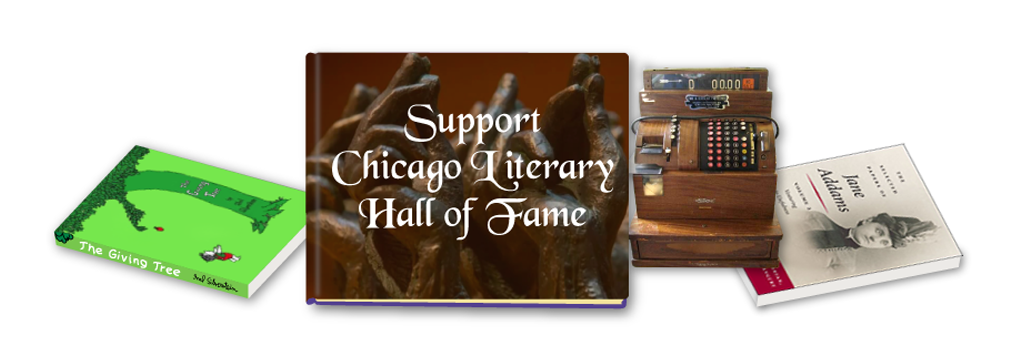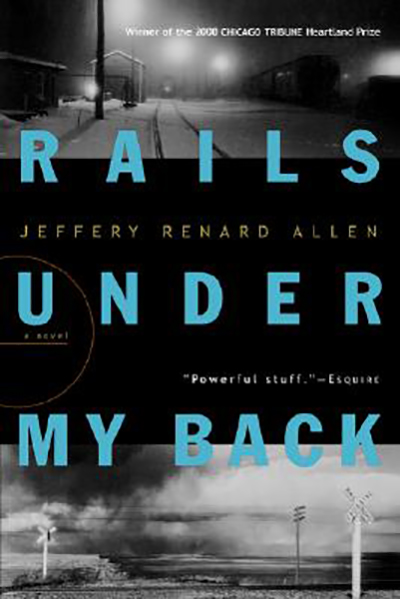A Chicago book that holds special meaning to me
Bayo Ojikutu
Jefferey Renard Allen’s Rails Under My Back appeared on shelves two or three years before my own first novel. I’d neither encountered the author in workshop circles, nor shared institutional towers nor within the Third Coast’s social grid. To my recollection, I don’t know anyone who was familiar with Jeff from “back in the days” – as folks in some parts of this town often wax elegiac. The paths and spheres are separate, despite the fact that we both apparently spent portions of our youths in the same South Shore neighborhood. Despite and no matter that the American-born portion of my family apparently settled in the very Black Belt neighborhood to which Jeff’s family would arrive some years later.
Different worlds, same sides. I met Jefferey and became familiar with his work at a Printer's Row event in which we were both involved, shortly after my take on the Chicago of the Allens and my maternal grandmother’s family and so many Great and Second Migrants was bound. Disparate well-springs than Jeff’s poignant tome, but the place settings are similar in name and backstory. Perhaps in language as well. These characters’ tongues are redolent with the US Cotton South from which the souls hail, but where numbers parlors and alleyways are the points of arrival met by Black’s denizens, the folks of Jefferey’s refracted City gather to wait and worship at church and on train platforms. Souls to be taken and fro these places that are there, but on no map kept by a civic planning board. His prose call to mind Baldwin circa Just Above My Head as much as Forrests’ dissonant dreamscape in Divine Days. There is lyric poetry to be had in the quiet space between words, in the margins, too. Studied sublimity in what is a no-less original work. I say so, even as the central trope Jefferey uses in the title is one steeped in Afro-American folklore, dating back (and forth) to John Henry: that of trains, ridden in back, bound forward. Rails worked in chains sans conviction, lines of sorrowful toil along the way. Captured in psalms of brutality born of men and woe laying tracks over the earth that covers the rampant bloodshed of carnage.
Yes, it is American folklore, black and bloody. But that is not the metaphor in Jefferey’s novel that mostcaptures and lingers in my mind’s eye. Forgive me if I have written of this before. But there are pages in Rails Under My Back on which a woman called Sheila reflects on her faith and her husband. She ponders where she is, and the place for which she is every day bound. The husband’s name is Lucifer. He longs for the “so pretty” way that Sheila catches the holy ghost during church service. Her erotic salvation fit becomes the filling of a void, two black pearls turn into drips of Lucifer’s semen, then into the two stark ovals of an onlooking Asian woman’s eyes. On the train. The fellow rider’s glare leaves Sheila feeling transparent, awry. She wanders from her own body to stave off those two foreign eyes set upon her as if there is something wrong with the dark woman riding.
It is the ethereal and the carnal seen by the foreign that compels me in Jefferey Allen’s Rails Under My Back. Work well worth study, even more so worthy of reading eyes. Souls move through these pages.









